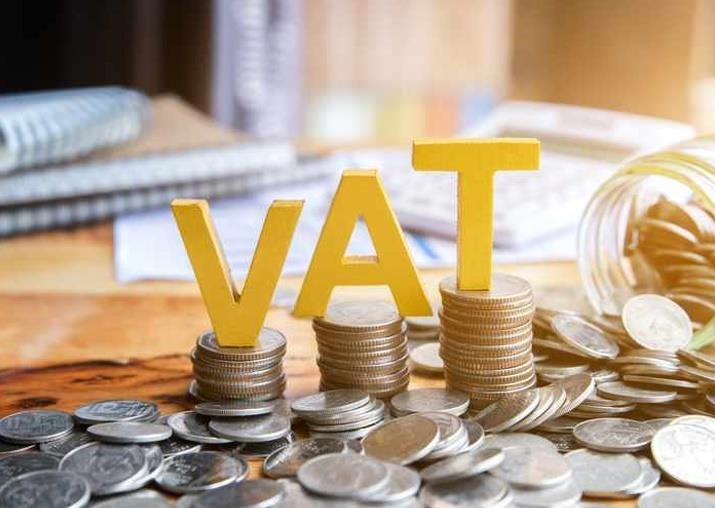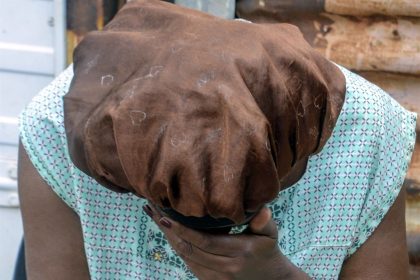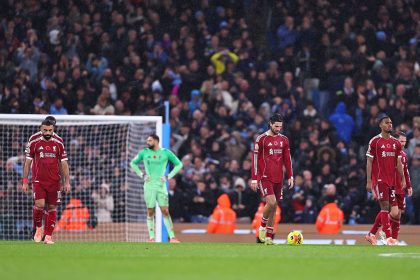Tough times ahead as Mzansi’s VAT increases in May.
NO alternative found yet for 0,5% VAT increase as May deadline closes in.
As the 1 May deadline approaches for Mzansi’s controversial 0,5% VAT increase, President Cyril Ramaphosa has confirmed that the national Treasury has not yet identified a viable alternative to raise the R28 billion in revenue the hike is expected to generate.
Despite growing political and public pressure, Ramaphosa said: “From current examination, Treasury has said having looked at various areas where they can look, it doesn’t seem to be so.”
He added, however, that proposals from political parties were being taken very seriously.
One such proposal comes from ActionSA, which claims to have presented Finance Minister Enoch Godongwana with a comprehensive strategy that could yield over R100 billion in revenue and expenditure savings.
This is more than three times the amount required to offset the VAT increase.
The party argues that its plan would allow for targeted tax relief, including reversing the VAT hike and preventing personal income tax bracket creep.
The national budget, passed last Wednesday, 2 April, included a non-binding clause urging Treasury to explore alternative sources of revenue.
This clause was used in securing the support of several political parties, including ActionSA and Rise Mzansi, who otherwise may have rejected the budget.
ALSO READ: Cwecwe case: ‘Minister didn’t lie’
Rise Mzansi leader Songezo Zibi said that even if the VAT increase is implemented in May, it is likely to be scrapped by October.
“SARS’s revenue pipeline looks strong, at least for the next three years. Even if SARS collects just 20% of the R800 billion Kieswetter says is out there, that will be R160 billion—many times more than the R13 billion VAT we are fighting about,” Zibi said.
He also backed the R7 billion allocation to SARS, saying it should be implemented without delay to improve collection and enforcement.
While the political back-and-forth continues, the public remains caught in uncertainty. Several service providers have already begun notifying consumers of impending price hikes tied to the VAT increase.
VAT has increased. Businesses have already confirmed
— Dineo Rasekhula ???? (@dineo_rasekhula) April 7, 2025 On X (formerly Twitter), users expressed frustration and confusion.
@Monametsii wrote: “The VAT increase effective from 01 May 2025—we have been receiving SMS from the likes of @Vodacom and other service providers, so we don’t know how you’re going to stop it.”
@dineo_rasekhula added: “VAT has increased. Businesses have already confirmed.”
South Africans face financial pressure as the May VAT increase approaches amid rising food and transport costs. From Getty Images
Spenders told to spend wiselyWith the VAT increase set to kick in on Thursday, 1 May, South Africans are facing yet another wave of rising costs.
Combined with annual price hikes in sectors such as insurance, electricity, and transport, many households are feeling the squeeze more than ever before.
Financial experts are urging consumers to take action now to manage their expenses and protect their financial well-being.
Recent data from Statistics South Africa (Stats SA) shows that in January 2025, food and non-alcoholic beverages recorded a 9,1% year-on-year increase, while transport costs rose by 8,6%.
Although interest rates remain stable, the pressure on disposable income continues to intensify.
Head of marketing at financial wellness company Paymenow, Denise Neethling, said consumers need to be proactive as they face the upcoming VAT increase, which will impact everyday expenses, from groceries, transport to airtime and takeaway meals.
“As we continue to navigate rising living costs, it’s essential to adapt our financial habits, especially as current inflation and interest rates offer little relief,” Neethling said.
She said the first step is to revisit and adjust personal budgets.
“Now more than ever, budgeting is not optional, it’s a survival skill. Start by listing all your monthly expenses, separating essential items like rent, groceries, transport, and medical aid from non-essentials such as entertainment, fast food, or luxury goods,” she said.
Neethling also noted that many fixed costs, including transport, medical aid, and electricity, will increase by 0,5% due to the VAT hike.
Personal finance coach Thabiso Mokoena echoed the need for disciplined spending, stating: “If you don’t tell your money where to go, it will disappear without warning.”
Kabelo Sithole, an energy consultant at Energy SA, said that energy and water bills can also be reduced with small but consistent changes.
“Switching to energy-efficient LED bulbs, unplugging idle electronics, turning off lights when not needed, and practising mindful water usage can collectively reduce your monthly utility costs.”
“Even small changes like unplugging unused electronics can shave a few hundred rands off your bill,” he said.
ALSO READ: Minister to table VAT hike!
Financial experts also stressed the importance of preparing for emergencies and shortfalls in light of increased living costs.
“Financial wellness tools are finally becoming accessible to the everyday South African.”
“These are uncertain times, but South Africans are resilient. With practical tools, planning, and a shift in mindset, we can weather this storm,” added said Neethling.
For more news and entertainment in the palm of your hand, follow our WhatsApp Channel via this link












